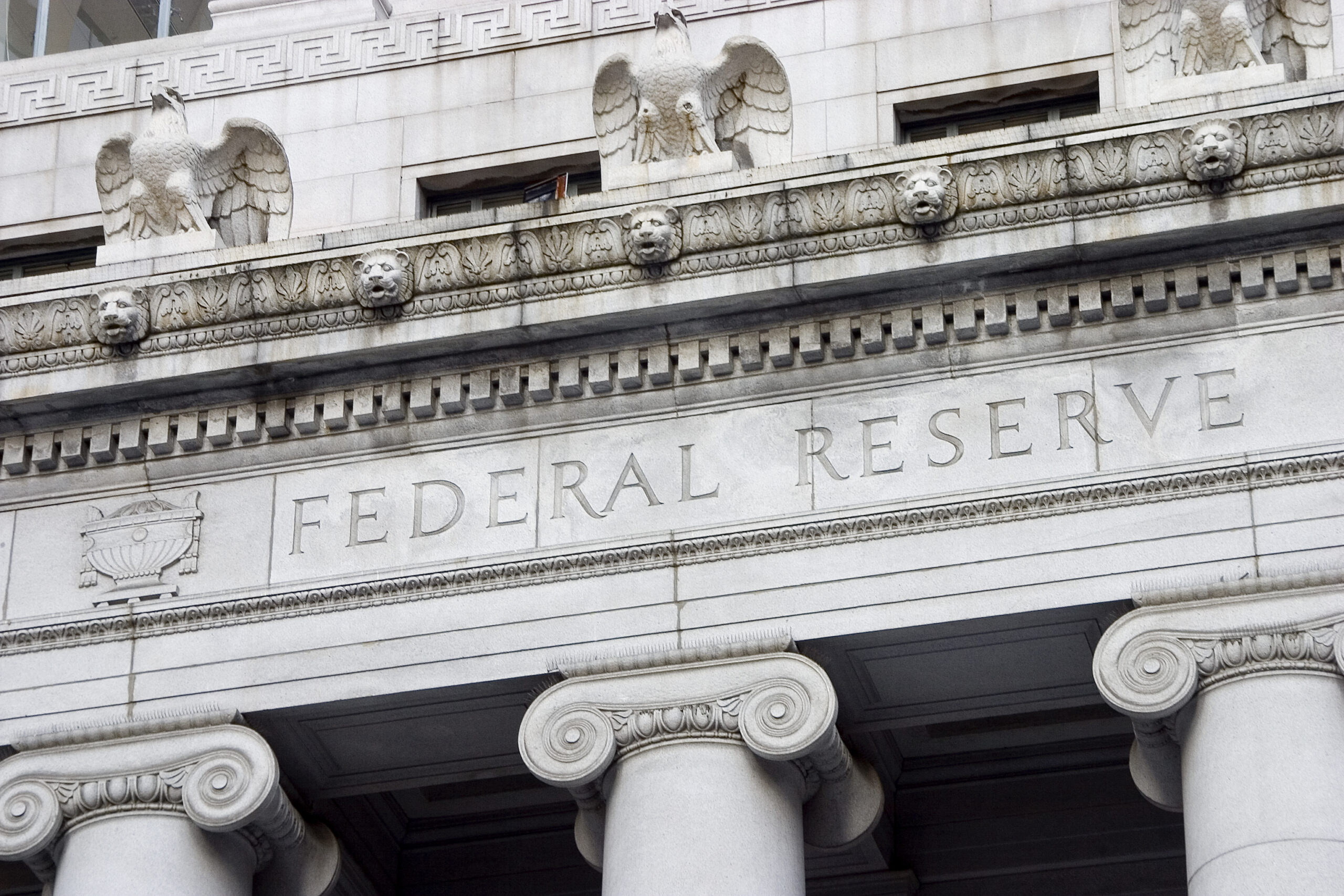In the Colorado mountains at Steamboat Springs, the pixie dust florescence of greening aspen leaves paints spring onto the high country.
In the bowels of equity markets there gurgles an emergent leviathan (maybe I should choose different imagery – but we’ll talk about what stinks and what doesn’t in this…movement). The Securities Exchange Commission (SEC) in January asked stock exchanges to rethink Reg NMS.
Everybody who trades stocks, every investor-relations officer for a public company, should know some key facts about this regulation.
Yes. Of course it’s a pain in the butt (I need a new motif). Who wants to read regulations?
Reg NMS is Regulation National Market System. In one of our all-time most frequented posts, called Reg Nemesis, we described the effects this law has had on the stock market.
We also explained in our recent NIRI webcast on market structure that its four components regulate stock data, stock quotes, stock prices, and access to all three.
Now the SEC wants to modernize it. I think that’s not a stinker at all. Rules should reflect how the market works, and Reg NMS hatched in the contemporary minds of members of Congress in 1975.
Then, amid caroming inflation and screaming currency volatility of the post-gold, bell-bottomed pandemic-haired hippie era, the legislative halls of Columbia echoed with calls to protect the vital “system” of our stock market.
So Congress added the 11A national market system amendments to the Securities Act. And thirty years later, the SEC got around to regulating Congress’s will upon free markets, and in 524 sweepingly droll pages that one cannot help but read in the same soporific nasal tone as Ben Stein in Ferris Bueller’s Day Off, the stock market became the national market system.
You cannot bear imagining the cacophony with which the stock exchanges met this plan, back then. There was shrieking and gnashing of legal teeth, the rending of garments and the donning of sack cloth. Ashes were poured on heads. Hieratic beseeching, a great priestly tumult, roared over capital markets. It was like a pandemic.
Reg NMS was approved in 2005, about four years after the drumbeat began, and implemented in 2007.
Thirteen years on now, nobody loves Reg NMS like stock exchanges love Reg NMS. They’ve even sued the SEC to stop the regulator from questioning its own rules.
As Dave Barry, one of my favorite humorists (if your car is making a knocking noise, turn the radio up) of all time, used to say, “We are not making this up.”
So the SEC basically said, to quote Jerry Stiller (RIP, Ben Stiller’s dad), “Do you want a piece of me!!!!????”
And they’ve instructed exchanges and other market participants to help redraw Reg NMS. And somehow the sequel is even longer than the original, at 595 pages.
And once again, even though the Securities Act of 1933 and 1934 as amended (oh so very many times amended) specifically includes issuers as constituents not to be discriminated against, we’re omitted from this re-imagining.
That’s a major reason to me why more than 55% of all trading volume currently comes from firms that don’t know what you do or who you are, public companies. They care only that your price profitably changes in fractions of seconds at your investors’ expense.
But I digress.
The Festivus for the rest of us that’s thus far been as elusive as holiday aluminum poles and feats of strength is a market that really works for our profession.
What would that be? For one, a market that produced more IR jobs rather than fewer (we continue to lose more stocks each year than we gain and there are less than half what there were when I started in this profession in 1995).
And a market where stock pickers favoring your story have the same chance to make money as ETF market-makers and Fast Traders (so blissfully optimistic you want to start humming Fred Rogers, and, were we not socially distanced, hugging your neighbor).
Hey, maybe this is our chance. We can form opinions, speak up. We’ll have that opportunity as this process, likely to take years as it did the first time around, unfolds.
So, what’s the SEC wanting to put in Nemesis II? It wants competition for consolidated market data. The Securities Information Processor (SIP) is a monopoly run by one firm (currently the Nasdaq). It’s the official source of price and quote information – but it’s slower than all the proprietary data feeds. So everybody sells access even though the law says access must be uniform.
That needs fixing and the SEC is right.
And they want to redefine a “round lot” to reflect an Amazon market. Right now, stocks quote in 100-share increments. The problem is AMZN, BKNG, GOOG and other stocks trade for well more than $1,000. The average trade-size in these is about 30 shares.
In fact, almost 60% of trades now are for less than 100 shares, so stocks are trading at prices differing from quotes. It merits analysis, we agree. But do we further “yellow pencil” the market? Should we force all stocks to be $25-50? Is the round lot dead?
I haven’t finished reading all 595 pages yet. We’ll have more to say. We need rules that reflect reality. But we also need simple, comprehensible markets that work for all of us, and not just for speedy machines and stock exchanges.
Maybe we should all yell at them, “Do you want a piece of me!!!!????”





